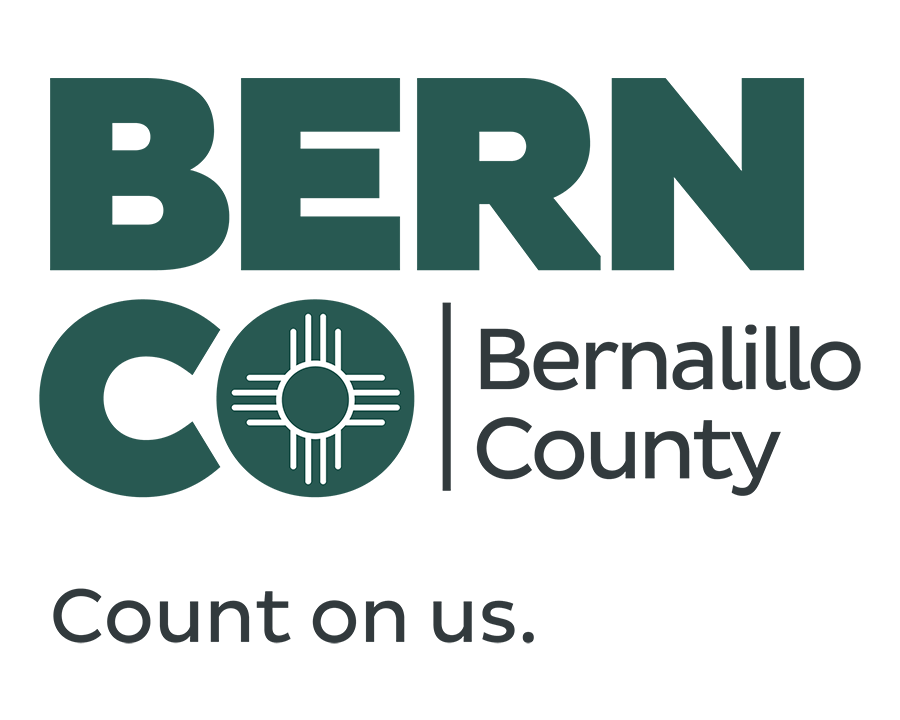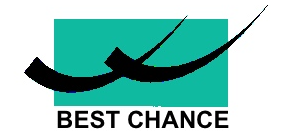Strong Start Transition Services
- Best Chance Peer Support Workers help each program participant make a plan of action: determining what to do first, how best to proceed with the agencies with whom the client will interact, and how to be effective in securing the outcomes desired. We work for them, helping the participant develop a sense of agency and control.
- Intake and orientation establish each program participant’s individual goals, assets, and needs as far as skills development. During our initial intake process and Transition Services, Best Chance Peer Support Workers help clients with resume development, job interview training, case management and goals development . . . often a series of small steps that lead to big results.
Referrals
- Based on each program participant’s specific needs and personal goals, Best Chance will provide information and referrals to a broad spectrum of housing, job opportunities, healthcare, mental health care, social service, family counseling, vocational training, substance use disorder programs and other highly effective service providers.
Material Support
- Best Chance provides backpacks, men’s and women’s clothing, toiletries, time-management tools (pens, notepads and calendars), bus passes and other goods that will help the program recipients maintain their sense of human dignity and self-respect.

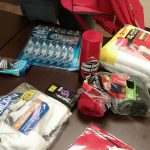
Recovery Support
- Best Chance provides in-house coping skills and recovery programs. Our Peer Support Workers encourage attendance at NA and AA meetings. Alternatively, our Peer Support Workers help program participants obtain appointments with Behavioral Health Providers specializing in Substance Use Disorders.
- Best Chance is a supportive and enjoyable environment where program participants can come to play chess, read a book, participate in a program, use a computer or just hang out with positive peers and non-offender volunteers.
Support Groups with Meals
- At our Wednesday Learning Lunches and our Saturday Breakfasts, Best Chance program participants participate in meaningful conversations and bonding opportunities. These social and educational gatherings are designed to help Returning Citizens discover, rather than be told, effective ways of avoiding recidivism and the best solutions geared to their individual life goals.
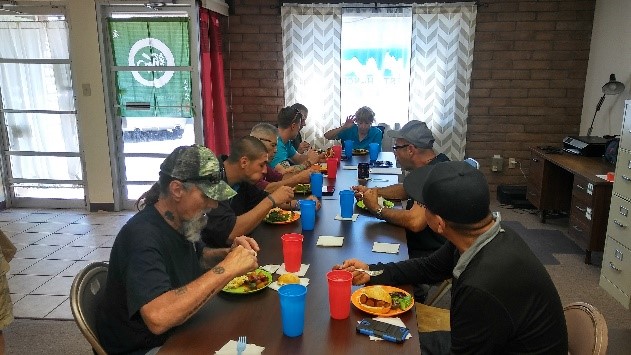
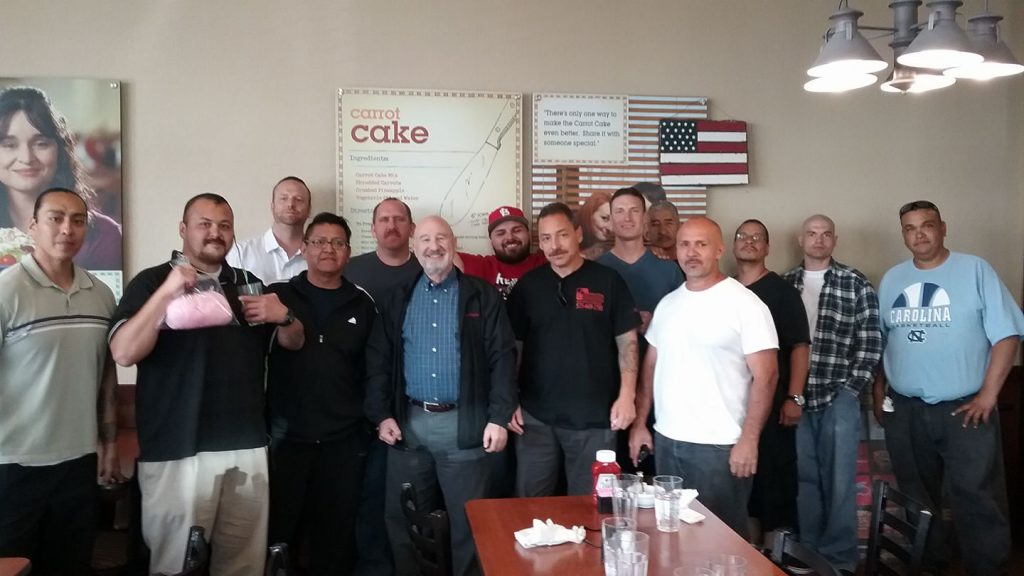
Core Curriculum
Best Chance offers six sessions of life-skills training Focusing on: Gaining Employment; Keeping your Job and Emotion Regulation; Comfort with Technology; Budgeting and Financial Management; Health and Wellness; as well as the importance of Life-Long Learning. Each 1.5 hour class is fun and participatory. Participants receive $5.00 for their attendance. These six evidence-based sessions address the most important values, habits, and skills vital to a smooth transition to a rewarding life “on the outside.”
Our learning sessions are relayed through a variety of techniques: short sessions and/or short bites with frequent breaks; a wide variety of presentation techniques used during each module; extensive use of role-playing; video clips — including Ted Talks; limited use of lecture; some readings and discussion groups; workbooks; individual one-on-one time; and, rewards, certificates and ceremonies for completion of some of the modules contained in the curriculum. This program is sponsored by a grant from the Albuquerque Community Foundation and the Brighter Future Fund of New Mexico Oil & Gas Association.
Transportation
The city of Albuquerque now offers free bus rides. If our program participants get a new job that requires work hours when buses are not running, we help get them set up with Rio Metro—a program that provides taxi rides during the first months at a new work site. Talk to us about other transportation options.
Peer Support Worker Training
Best Chance stresses the importance of training program participants (who wish such training) to be Peer Support Workers and service providers. Our Peer Support Workers participate in training with the Office of Peer Recovery & Engagement (OPRE). Additionally, Best Chance provides a minimum of 40 hours of in-house Peer Support training and orientation.
